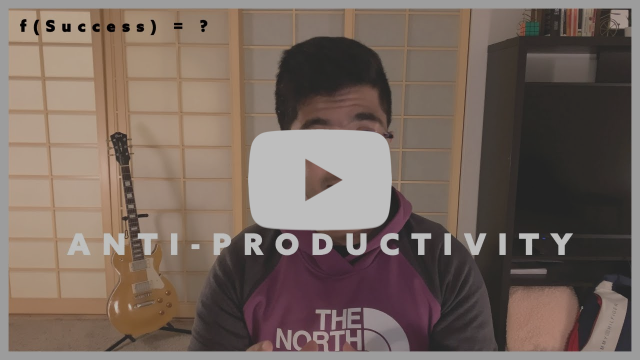How To Be Objectively Objective
Hi friends,
I have been wondering about how we can be completely objective about things, and specifically, how we can overcome our minds' inherent biases toward ideas and concepts. Let's say I ask you the "purpose of life." Now, you might say that the question is objective and neutral. However, as I dug deeper, I realized that the "purpose of life" presupposes that there exists a purpose in the first place, which itself is a bias.
The problem, then, is simple: We are often subject to an echo chamber and confirmation bias because we ask questions which stem from unexamined beliefs. If you are a Democrat, you are likely to Google the question: "Why gun control should be implemented." In contrast, if you are a Republican, you're likely to ask leading questions that stem from a belief.
Then, it's definitely hard to come up with absolutely original questions, but over the week, I was able to think about a framework that we can at least start with, to evaluate and understand things from an unbiased, original, foundational perspective.
The first step is to ask the most basic question, first. So, let's say, John is a Democrat and he wants to learn more about gun control policies in America. Here is a set of questions John could potentially start from: Why guns were invented, why did civilians start to keep them, why has it become a problem, why are they necessary, why are they not necessary, and the list continues.
The second step will be to have a one-paragraph answer ready to each of the most-basic questions, and then ask a bit more complex questions. Examples: Even though America has 5% of the world's population, why does it have more than 50% of the civilian-owned firearms; if we are living in a safe part of a stable democracy, then why do we need guns to protect ourselves from the government; and the list continues.
The third step will be to form a viewpoint based off specific reasons, and then examine the counter-view by asking leading questions and trying to disprove your own viewpoint.
This process is only a starting point in reasoning from first principles, a concept I learned about from Tim Urban's blog Wait But Why. Take a read here.
Video of The Week

In this video, I explore the productivity obsession we seem to have and talk about three key ideas:
1) Why success is often not a function of productivity,
2) Why we should not use productivity as a panacea and instead focus on its sole purpose: to alleviate stress, and
3) Why productivity is more than just efficiency.
Podcast of The Week
This podcast is particularly interesting because it explores how design makes us feel as if 1 minute is not 1 minute. From the sandglass to the progress bar to how the city of Detroit showed its progress in demolishing buildings, this podcast makes you think about design in a different way.
Article of The Week
How It Feels To Get Everything You've Ever Wanted
In this article, Ryan Holiday shares his insights about how it feels like to have everything. A great read!